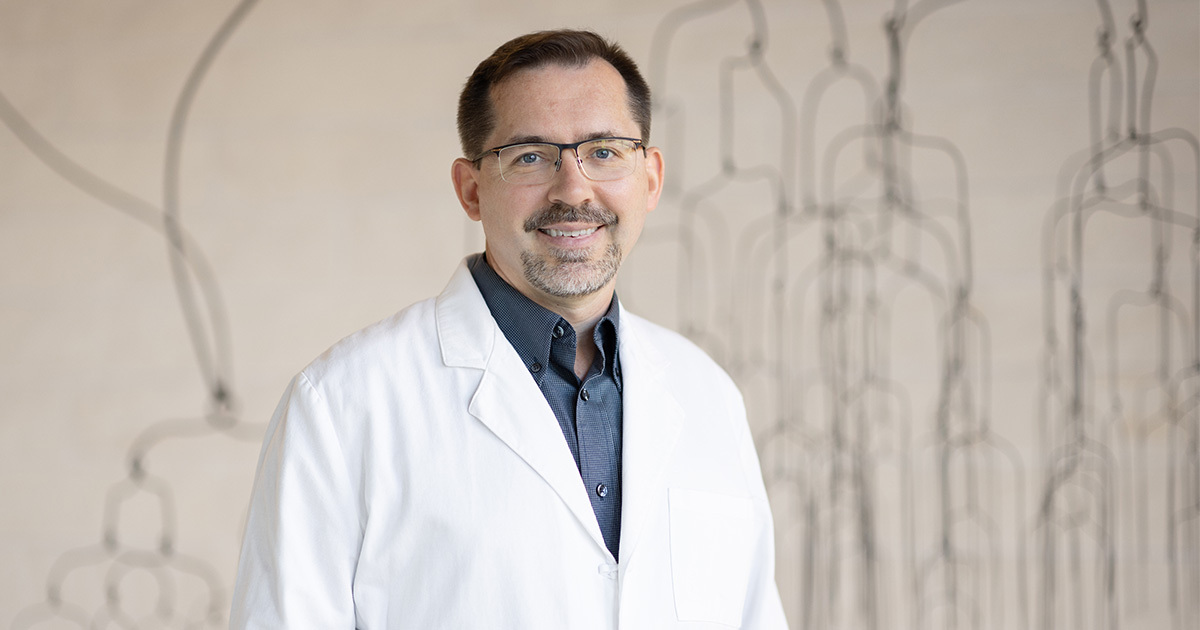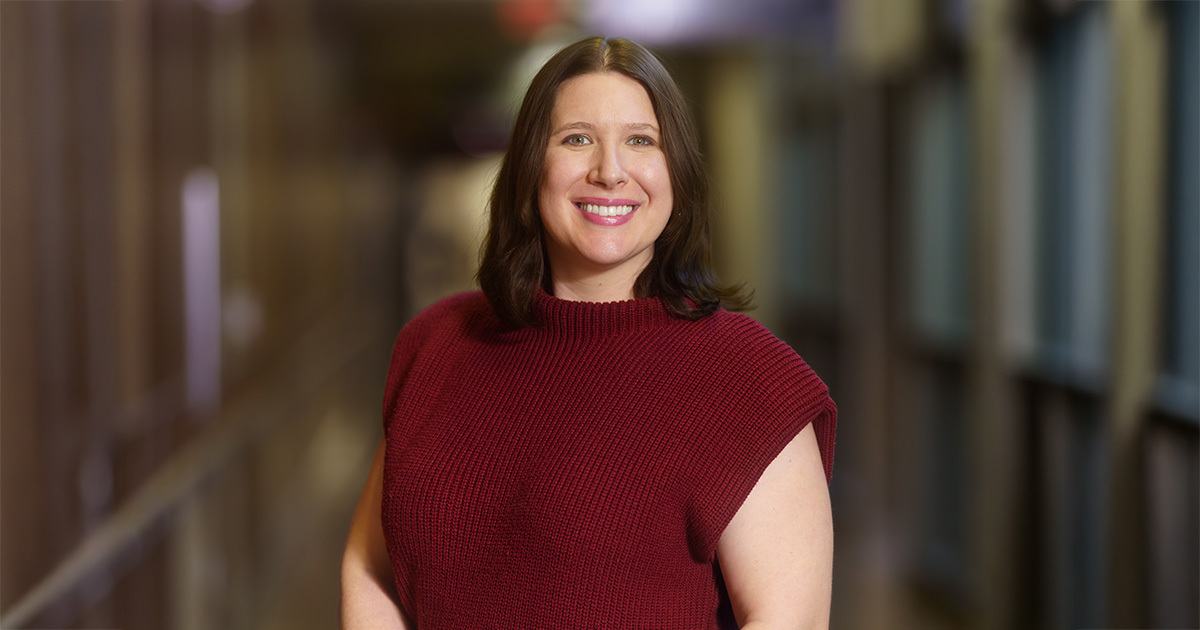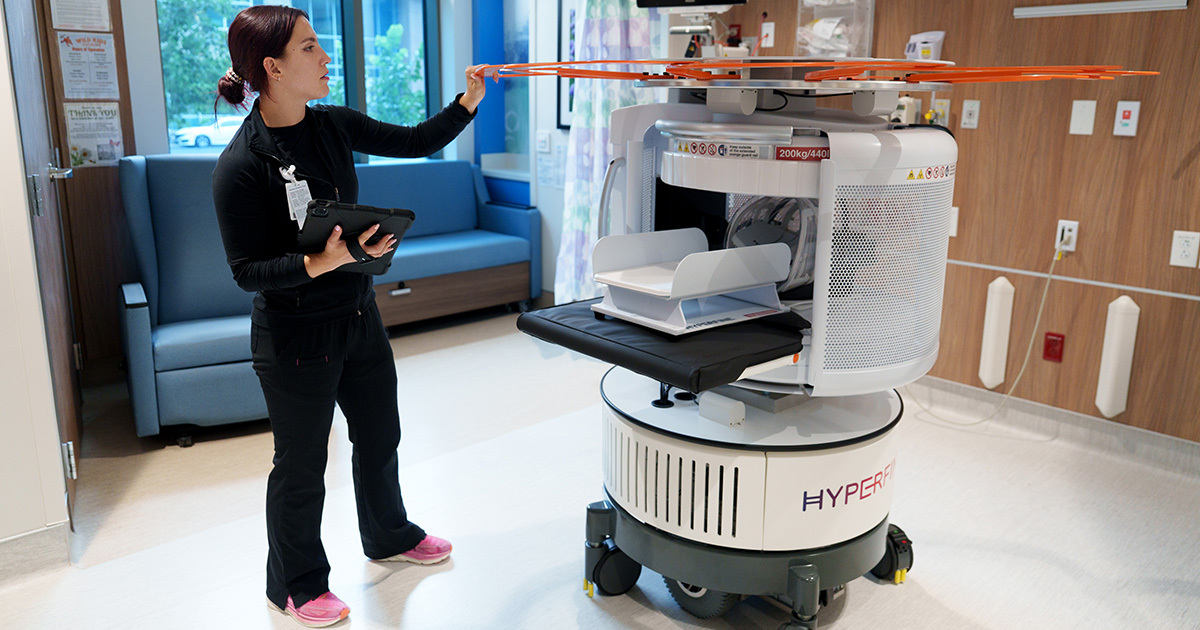
Neurosciences
Jan 26, 2026



UT Health Austin pediatric partner programs at Dell Children’s Medical Center are ranked among the best in the nation by U.S. News & World Report, with top honors in cardiology, neurology, and behavioral health care — showcasing Austin’s emergence as a destination for world-class pediatric care.

